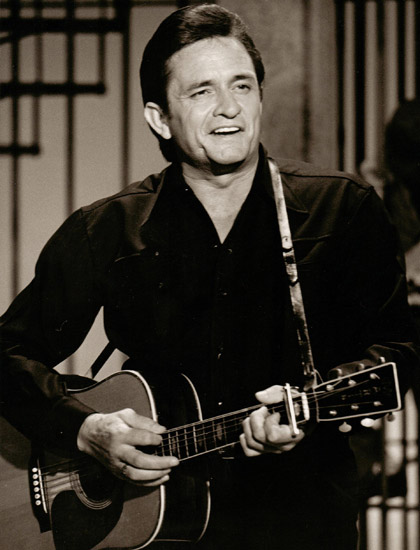Shana Cleveland - Manzanita
Shana Cleveland
Manzanita
By: Robert Hill
Do not miss Manzanita. Let it play on repeat on your next road trip across the dry and cracked desert, loping into the fading sunset of the American Dream.
Manzanita, La Luz’ Shana Cleveland’s latest solo release shimmers with the imagery of open space, evocative in a way that reflects the desolation of the desert like a lonely expanse of highway.
Stretching out to drift over the horizon and dripping with postmodern emanation, Manzanita builds a grand cinematic landscape that encapsulates the realities of The West.
Long gone are the moseying cowpokes and white hat-wearing lawmen who, for more than a century, were held up by Hollywood and Madison Avenue as personifications of the American frontier.
In their place, Shana has constructed a more apt, if not accurate, representative of the modern Left Coast’s heart and soul. Like a soundtrack to Joshua Tree National Park, Manzanita conjures a spirit that sweeps the listener into the wide-open gaps that punctuate the arid inland California landscape.
Highlights from Manzanita include the track “A Ghost,” a paean to longing against a backdrop of uncertain, unrequited love. “Mystic Mine,” in which Cleveland channels a bit of 70s sunshine pop and mixes its poetic imagery expressing the relief of rural isolation following the oppression and order of the city (Watch out for falling bombs!).
Not to be glossed over are the handful of instrumental compositions scattered throughout the album that intersperse the melodrama of lost love songs with the clear sense of tender, expressive musicality that typifies Cleveland’s style.
“Light on the Water,” its lilting, brittle instrumentation hit like witnessing a crystalline structure forming in the empty space under a microscope. “Sheriff of the Salton Sea” evokes ironic images of order imposed on an oppressive, post-apocalyptic environment.
Occupying the transitional space between instrumental composition and traditional pop ballad is “Ten Hour Drive Through West Coast Disaster.” A work with both the feeling of spoken poetry and suggestive drama of “Strawberry Fields Forever,” “Ten Hour Drive” brings a complicated, nostalgic dynamic to Manzanita.
As many of Cleveland’s compositions rely on nostalgia and collective memory for their energy, it is not surprising that hybridity is so pervasive of an element on Manzanita. For instance, as much as “A Ghost” mines the dusty mesas of the southwest for its emotional impact, the piece also leans heavily on the spirit of the Renaissance and Late Romantic period for its chord structures and changes. Scarborough Faire in a cowboy hat. Schubert and Chopin, sharing pulls off a jug on the front porch of a clapboard cabin.
Likewise, “Mayonnaise,” with its sentimental combination of internal emotion and urban externalities, combines the swoop of a slide guitar with Klezmer-like melodies – an association eminently reflective of the modern west.
Where Manzanita shines is in its reclamation of lost spaces and abandoned forms. Cleveland’s use of echo, reverb, and subtle spacey drone in composition complements her lyrical content and complicates our understanding of modernity.
More importantly, however, Manzanita is built of the same stuff that makes our cultural history valuable. Less baroque than the 60s and 70s influences that define their era, Cleveland’s work here strips back the needless accouterment of the late 20th century, revealing the sophistication inherent to her artistry.
Do not miss Manzanita. Let it play on repeat on your next road trip across the dry and cracked desert, loping into the fading sunset of the American Dream.











